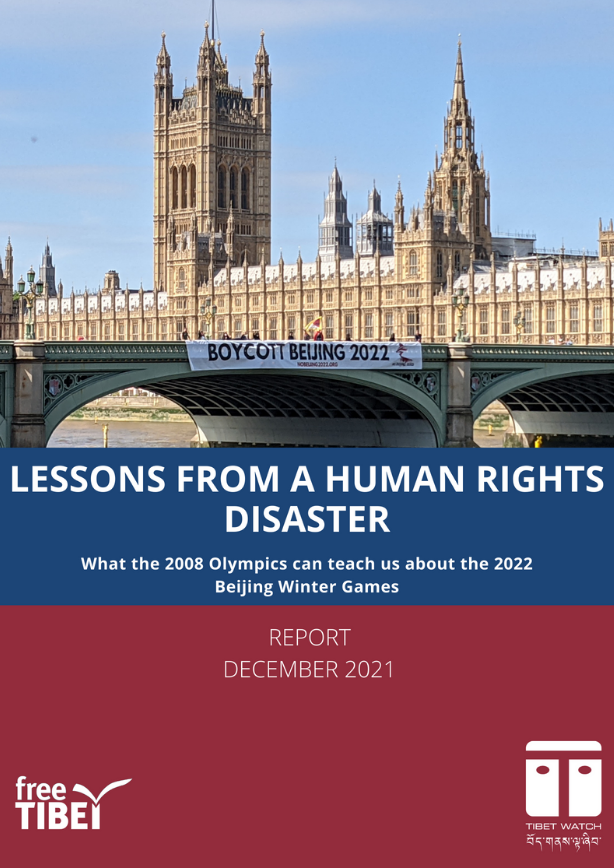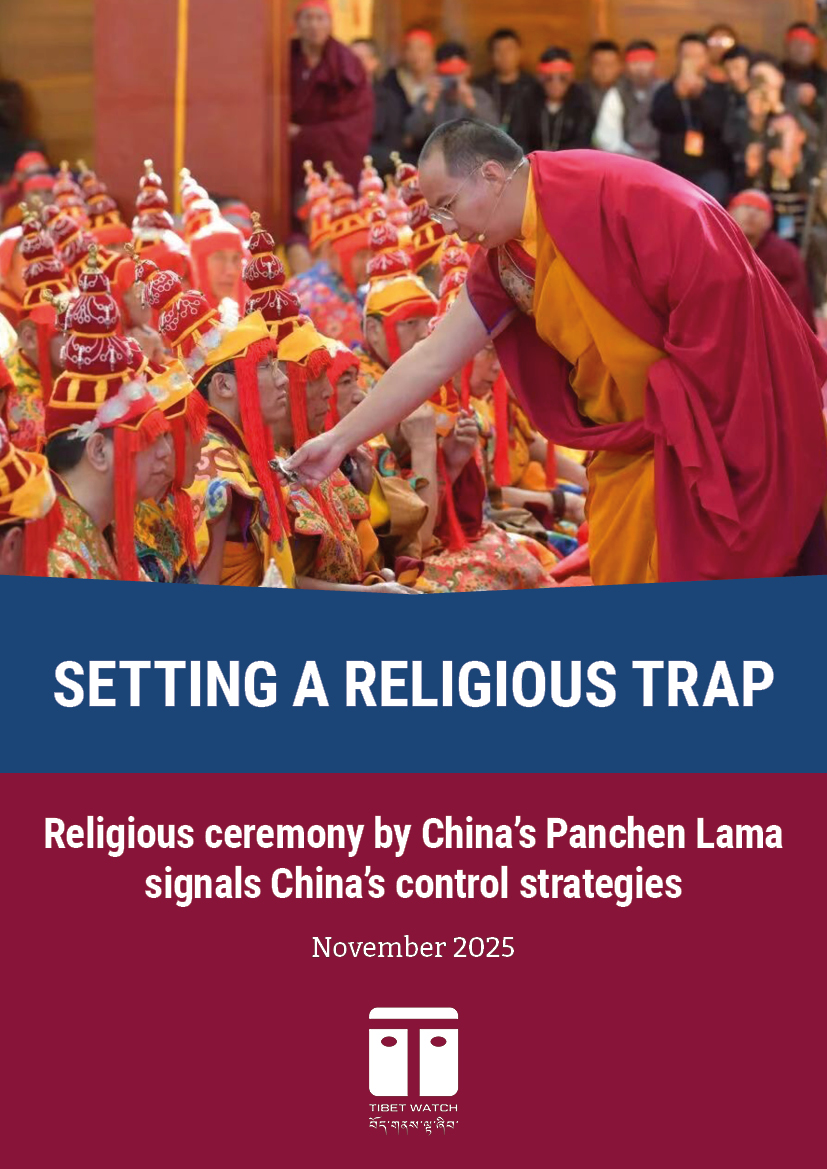
Executive Summary
“By allowing Beijing to host the Games you will help the development of human rights.” So said Liu Jingmin in 2001, during the Chinese Communist Party’s (CCP) first successful bid to host an Olympic Games in Beijing.
These words were spoken in a year when the CCP executed nearly 2,500 people and sent quarter of a million to labour camps. Nevertheless, both the CCP and the International Olympic Association insisted that Beijing hosting the 2008 Summer Olympics would see China become more open and would bring human rights reform.
These promises proved to be empty. The 2008 Summer Olympics were preceded with a violent crackdown in Tibet and a range of repressive measures that have turned it into the least free place on Earth. Since then, human rights abuses under CCP rule have exponentially worsened. The world has watched as the CCP rule has become harsher, democracy has been undermined in Hong Kong, and Uyghur Muslims have become the targets of genocide.
Despite the controversy surrounding the 2008 Olympics, protest was muted, with little action taken by governments and national Olympic committees. The decision to award the 2022 Winter Olympics to Beijing has reopened the debate about what can be done to challenge a host government that was emboldened after the 2008 Olympics, and which is now anticipating a second opportunity to use a prestigious event to sportswash its extensive human rights violations. This debate has come to even wider attention due to the Chinese government’s treatment of tennis player Peng Shuai.
Options for action include diplomatic and sporting boycotts, but doing nothing cannot be an option this time. The gravity of the human rights situation in Tibet is too serious for inaction.
Details are hard to come by from Tibet, where everyone is watched but very little can be seen from the outside. But collected in this report you will find evidence of extensive and widespread human rights violations. You will learn about:
- Tashi Wangchuk, who told the New York Times about the CCP’s efforts to wipe out the Tibetan language and was jailed for it;
- the 5,000 residents of the Larung Gar Buddhist community whose homes were demolished and were banned from ever joining a monastery or nunnery again;
- Rinchen Kyi, a teacher arrested in August 2021 for protesting the closure of a Tibetan school;
- Tenzin Nyima, a teenage monk who died in 2021 as a result of his treatment as a political prisoner;
- And about the 159 Tibetans since 2008 who saw no other route to protest than to set themselves on fire, often with fatal results.
Governments and national Olympic committees have the opportunity to support Tibet, and other peoples living under the CCP’s repressive rule. By taking action and working together, they could send an unprecedented and powerful message to the CCP that the world will not ignore its abuses. Coupled with other strong sanctions, such as those used to challenge South African apartheid alongside sporting boycotts, this could force real change and improve the lives of millions.


